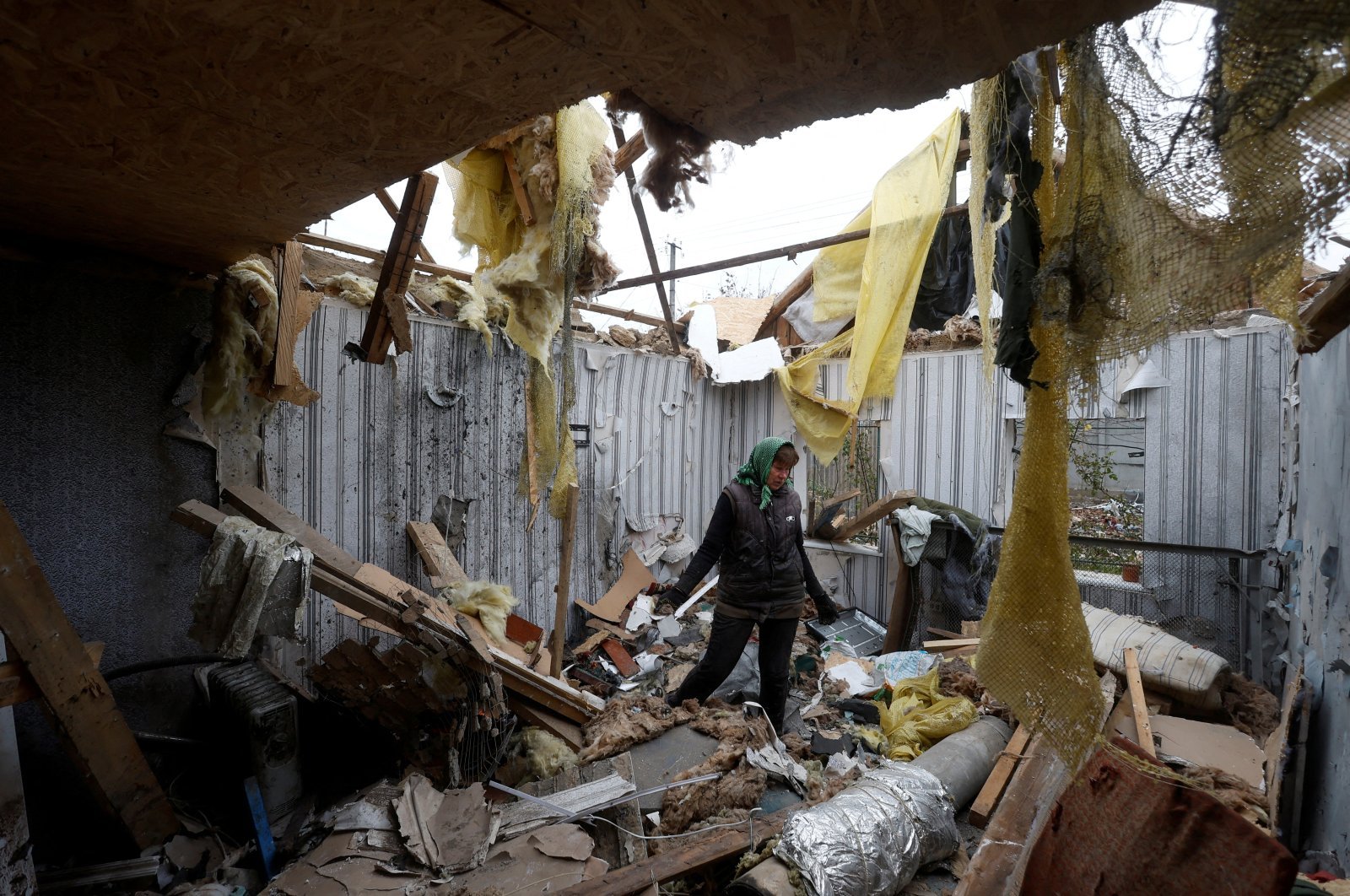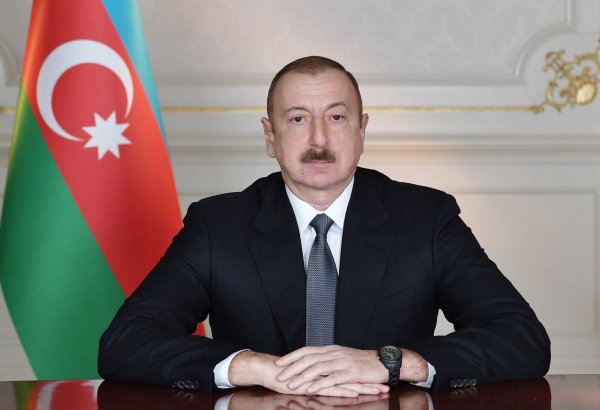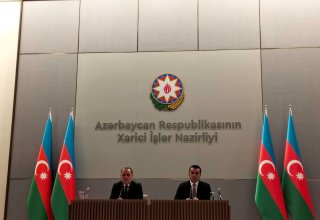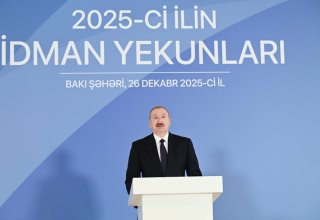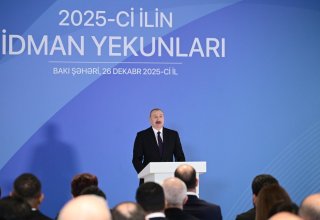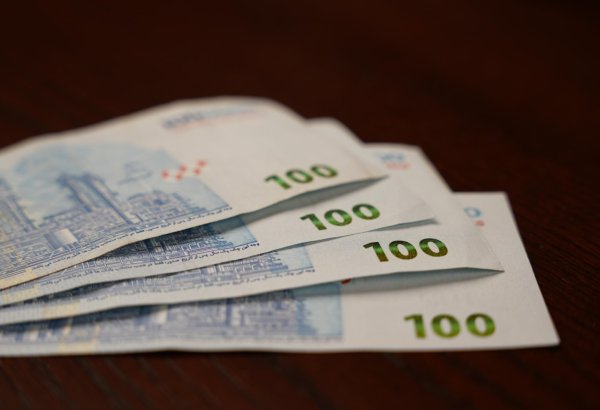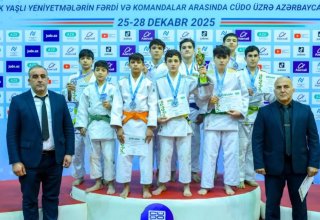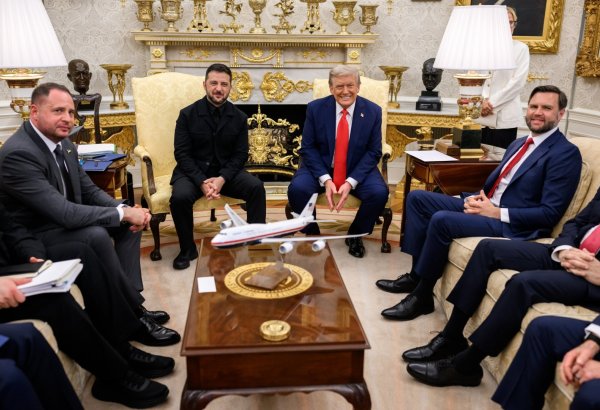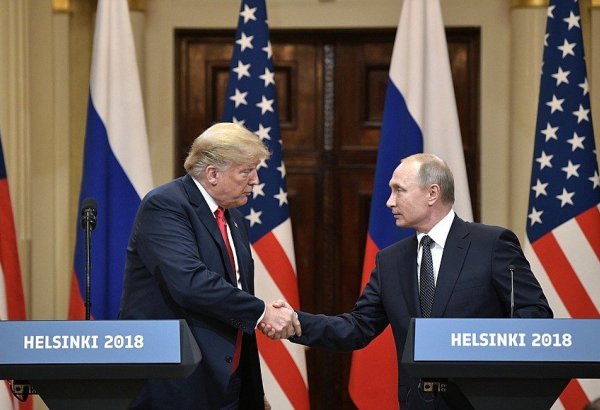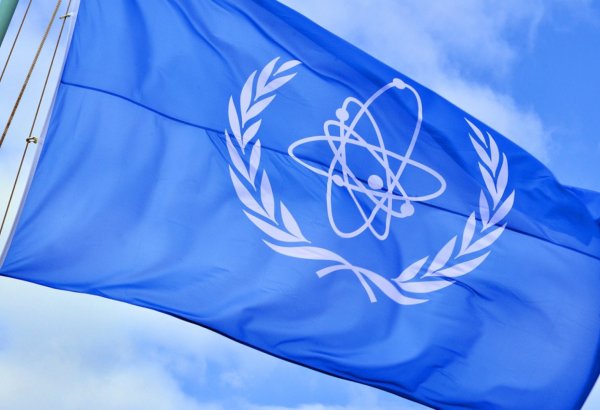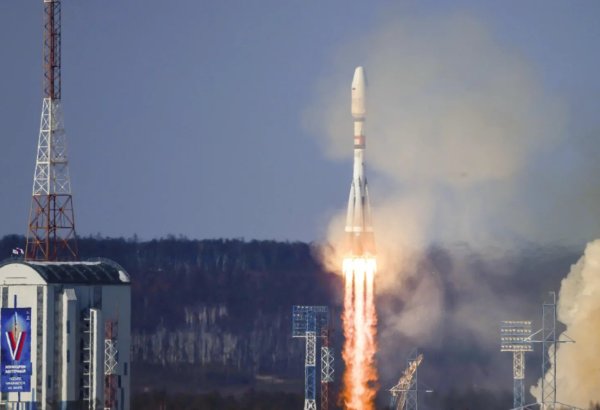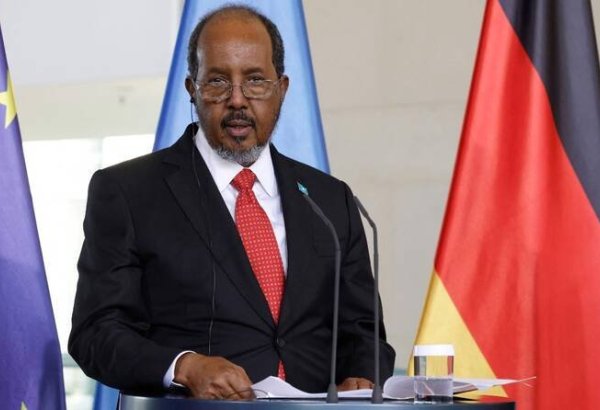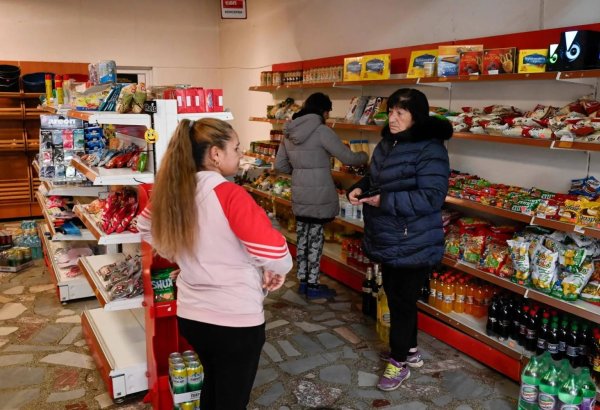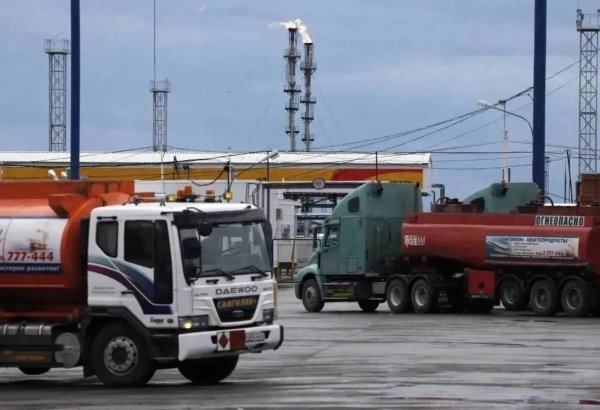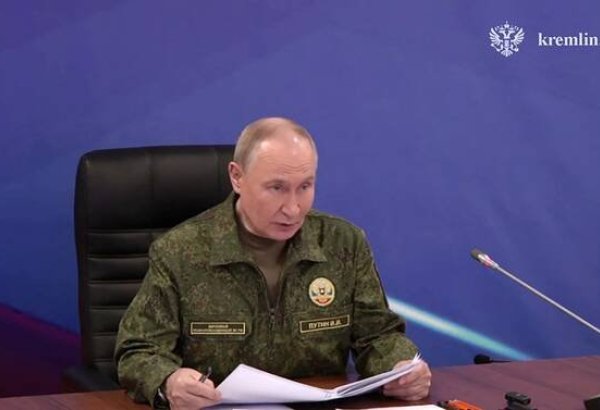BAKU. TurkicWorld:
Ankara is continuing its diplomatic efforts to mediate between warring Ukraine and Russia, President Recep Tayyip Erdogan said, underlining that Moscow withdrawing from Ukraine's Kherson is a significant step, reports TurkicWorld with the reference Daily Sabah.
“Russian troops leaving Kherson is a positive, important decision,” Erdogan said during a press briefing ahead of his departure to Uzbekistan after Moscow announced its retreat from the southern Ukrainian city of Kherson.
He added that he would meet Russian President Vladimir Putin at a gathering of G-20 leaders on the resort island of Bali next week if the Russian leader also attends or otherwise continue phone diplomacy with him.
However, Russian and Indonesian officials said on Thursday that Putin will instead be represented by Russian Foreign Minister Sergey Lavrov.
Ankara last month warned that Russia and Ukraine were moving away from a diplomatic solution, making the outcomes of a prolonged war even more complicated.
Most recently, Türkiye enabled a prisoner swap between the warring countries. Also, Turkish mediation proved vital in facilitating the signing of a deal between Türkiye, the United Nations, Russia and Ukraine in Istanbul to reopen certain Ukrainian ports to release grain that had been stuck for months because of the ongoing Russia-Ukraine war – a development that has been crucial in responding to a growing global food crisis.
Türkiye is one of the most active countries working to ensure a permanent cease-fire between Ukraine and Russia. Its delicately balanced act of assuming a role as a mediator by keeping communication channels with both warring sides open provides a glimmer of hope in diplomatic efforts to find a solution and achieve peace in the Ukraine crisis. With its unique position of having friendly relations with both Russia and Ukraine, Türkiye has won widespread praise for its push to end the war.
Since the beginning of the conflict, Ankara has offered to mediate between the two sides and host peace talks, underlining its support for Ukraine’s territorial integrity and sovereignty. While Ankara has opposed international sanctions designed to isolate Moscow, it also closed its straits to prevent some Russian vessels from crossing through them.
OTS Summit
Erdoğan is traveling to Samarkand, Uzbekistan to attend the ninth summit of the Organization of Turkic States (OTS) and enhance relations.
"At the Samarkand Summit, we will discuss the future of our organization and how to deepen our existing cooperation, in addition to making significant decisions," he said.
Türkiye will transfer the term presidency to Uzbekistan at the summit, which will focus on crucial resolutions, including the OTS’s vision document that outlines the organization’s road map for the next 20 years, and future decisions.
The summit will also touch upon enhancing cooperation among member states.
Erdoğan is expected to address the summit session and will also hold bilateral talks with leaders of other member-states on the sidelines of the meeting.
The OTS, formerly called the Turkic Council or the Cooperation Council of Turkic Speaking States, is an international organization comprised of prominent independent Turkic countries that work together to elevate relations and the union among themselves.
The OTS originally emerged as a summit between the heads of Turkic states in 1991 and eventually became an international council in 2009, holding over 10 summits so far.
Ahead of the group's ninth summit, Türkiye's foreign minister Mevlut Cavushoglu on the same day urged close cooperation among members of the OTS.
"We are going through a difficult time. We must maintain close consultations and develop medium- and long-term strategies that will make us resilient in the face of shocks," Cavushoglu said during a meeting of the group's foreign ministers in Samarkand.
The Turkic World Vision 2040 document, which was approved by the organization's heads of state at its eighth summit in Istanbul last November, was an "important step for the long term," Cavushoglu said.
Finalizing the strategy document, which is the first five-year implementation guide of the bloc's vision document, was one of the priorities of Türkiye's term presidency of the bloc, Cavushoglu noted, adding: "It is our common duty to ensure that these decisions are implemented."
Cavushoglu underlined that recent developments also present opportunities for the member states.
"We have to develop connections and transport corridors between member countries. This target is an important element of both the vision document and the strategy document," he added.








